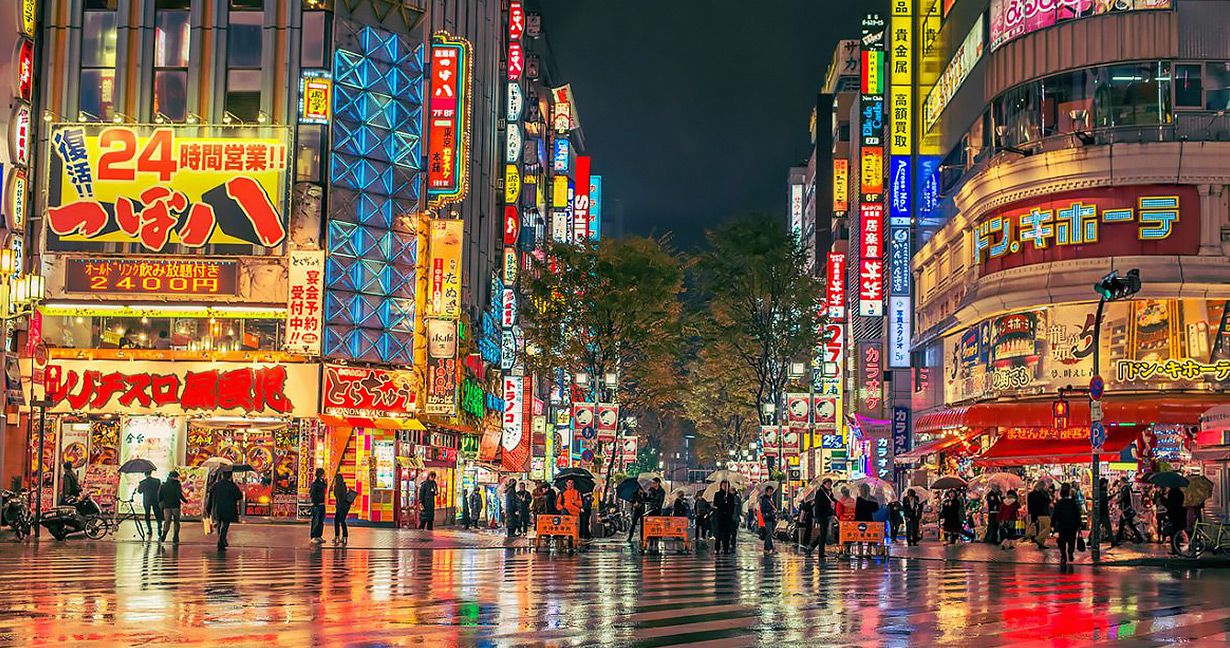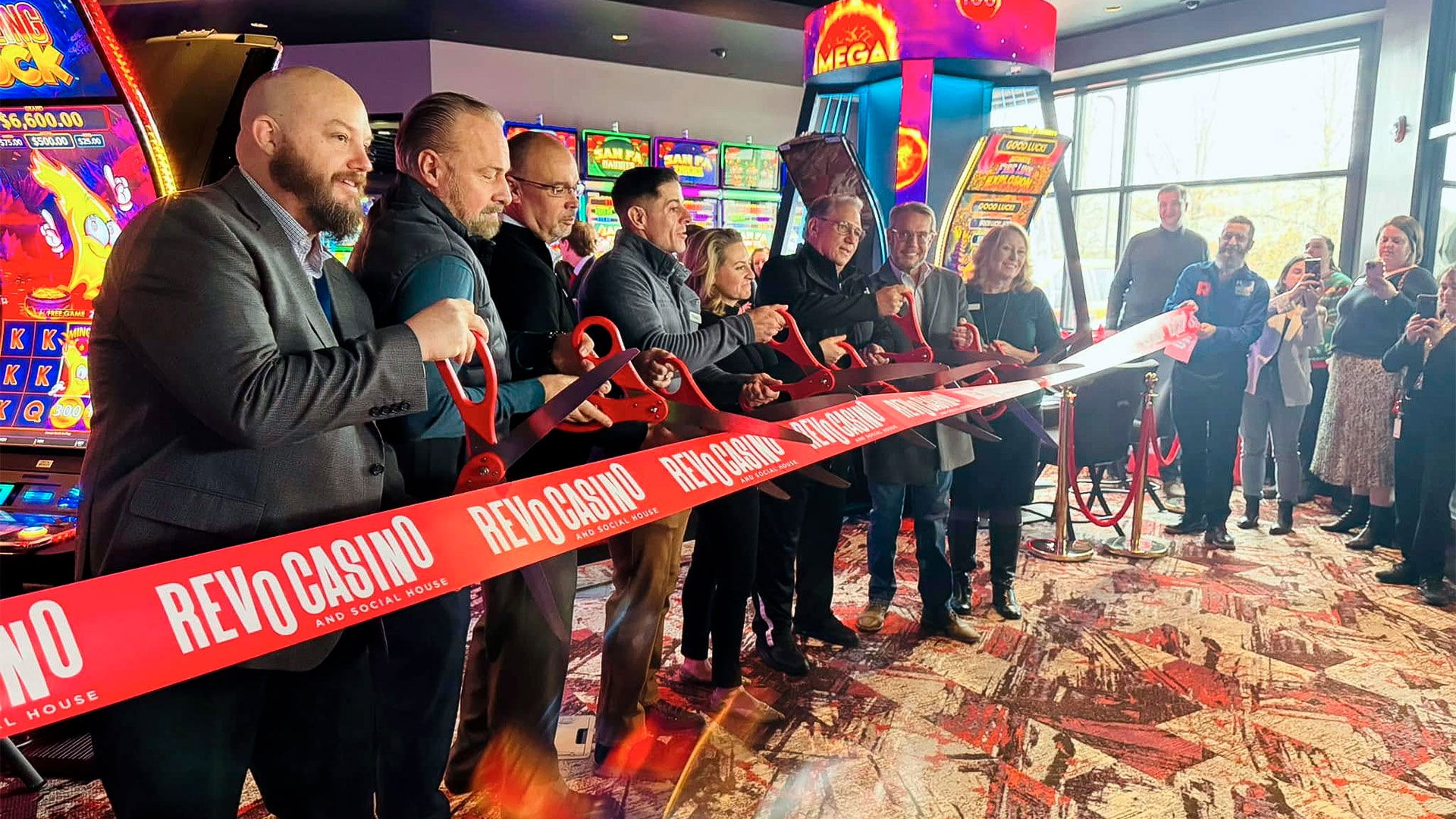Challenges for casino operators in Japan

MGM Resorts International and Las Vegas Sands Corp lead the list of casinos anxiously awaiting legislation that will provide a road map for large-scale resorts in Japan. The stakes are high, as the winning bidders will have first entry to a market that has the potential to outstrip Las Vegas and Singapore.
The timeline
A so-called implementation bill is currently being drafted by the ruling Liberal Democratic Party, which aims to pass it during the current parliament session ending in June. However, the LDP’s coalition partner Komeito has shown some reticence toward gambling resorts, which is likely to slow the bill’s progress. Failure to pass legislation this year would present difficulties: Local elections expected next spring may make the casino bill too controversial to take up in 2019, meaning the legislation risks being pushed further back. In any case, don’t look for casino doors to open until at least five years from now.
Casino openings and locations
Government parties still disagree. LDP lawmakers have argued for as many as five casino licenses, while Komeito is seeking a limit of three. Osaka has been the clear favorite to become the big city resort. Areas like Tomakomai in Hokkaido, Nagasaki and Wakayama have also made their interest known. Tokyo, Yokohama and Okinawa are also possibilities if local politics fall in line. Casino operators, likely accompanied by a coalition of Japanese partners, are chosen by a regional government to present a joint proposal to the central authorities to be considered for a license.
Potential size of the casino industry to Japan
We’re not talking a few blackjack tables and slot machines, but major integrated resorts -- think luxury hotels, entertainment, conference venues, shopping. Such resorts can significantly boost jobs and tourism, as Singapore can attest. The city-state opened its two casinos in 2010 and has become the world’s third-biggest gambling center after Macau and Las Vegas. Unlike Macau and Singapore, which rely on foreign bettors to fill their tables (especially Chinese), Japan has a large domestic population with high per-capita income that operators want to tap. MGM Resorts last month said the Japan casino market is worth as much as $15 billion, while others have pegged it as high as $25 billion.
Pay to Play
Proposed and set entrance fees into casinos across Asia vary
Note: Japan, Vietnam and Philippines entrance fees are still proposals. Vietnam currently does not allow locals into its casinos.
Restrictions for local gamblers
Gambling addiction is a serious concern in Japan, and the Buddhist-backed Komeito is seeking to put limits on casino access as a solution. So far, discussions have revolved around a 2,000 yen ($19) entrance fee for Japanese citizens and local foreign residents, and a cap of 10 visits per month. Komeito is pushing for a higher fee. Casino operators say entry restrictions aren’t an effective deterrent to problem gambling.
Tax rate and its impact on resorts
Casino operators have warned that a high gaming revenue tax combined with a steep corporate tax could affect the size of the resorts they are willing to build. The draft law has two suggestions: a 30 percent tax on gross gaming revenue, or a tax between 30 percent to 50 percent depending on revenue. By comparison, Macau has a gaming tax of 39 percent but no corporate tax. Singapore’s gaming tax is 15 percent for mass gaming revenue and 5 percent for VIP revenue.
Possible sizes of casinos
The government stipulates that casino gambling space has to be part of large-scale resorts that incorporate hotels and exhibition centers. Looking to Singapore as a guide, the draft law states that casino floor space will be capped at 15,000 square meters (18,000 square yards) and needs to be three percent of the total resort space. Advocates for a larger gaming floor argue that the model is based on gaming hubs with less dense populations than many of the proposed locations in Japan.
Public acceptance
A March 3-4 poll by Kyodo news suggests that 65.1 percent were against casinos and 26.6 percent were in favor.


















































